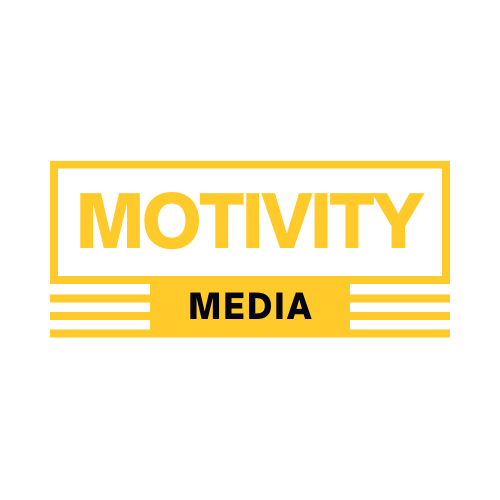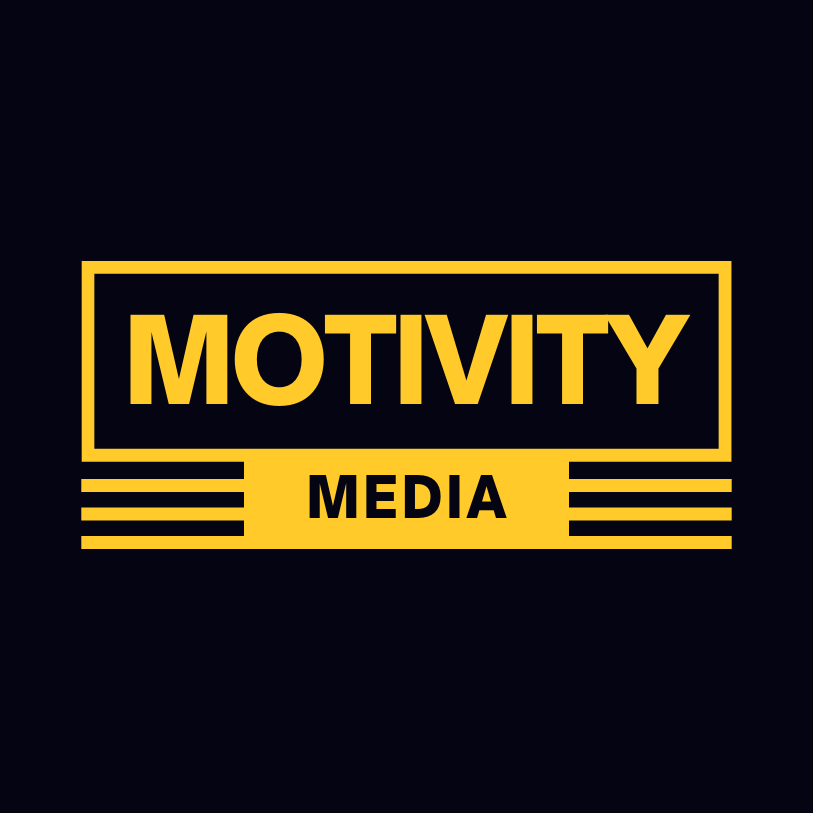Frequently Untrue
In today's information age, businesses are bombarded with advice. From marketing tactics to leadership styles, there's no shortage of supposed "secrets to success." But what happens when some of this advice is simply untrue? The illusory truth effect can turn repeated falsehoods into organizational dogma, leading to wasted resources, poor decision-making, and a decline in trust.
The illusory truth effect is a cognitive bias where repeated exposure to a statement, regardless of its accuracy, makes it seem more true. Imagine a persistent office rumor about a particular marketing strategy being a guaranteed success story. Even if it lacks evidence, constant repetition can make employees believe it. This can lead to wasted resources being poured into that strategy, neglecting potentially better approaches backed by data.
The negative impacts of the illusory truth effect go beyond resource mismanagement. When misinformation becomes embedded in an organization's culture, it erodes trust in leadership. Employees fed a steady stream of inaccurate information begin to question the credibility of all communication. This can stifle open communication, a vital ingredient for innovation and problem-solving.
Organizations clinging to illusory truths about the market, competition, or customer needs are especially vulnerable. They may miss crucial opportunities to adapt and evolve in a dynamic business landscape. Consider a company convinced (through repeated anecdotes, not data) that a particular customer segment isn't interested in their product. They might neglect to explore this segment further, potentially missing out on a significant market opportunity.
So, how can organizations avoid the pitfalls of the illusory truth effect? Here are some key strategies:
Fact-checking: Encourage a culture of questioning and verification. Don't let assumptions or rumors go unchecked.
Data-driven decisions: Base decisions on reliable data and research, not hearsay or "office wisdom."
Open communication: Foster a culture where employees feel comfortable raising questions and challenging assumptions.
Critical thinking training: Train employees to be critical consumers of information, recognizing the limitations of anecdotal evidence and the power of confirmation bias.
By being aware of the illusory truth effect and taking steps to mitigate it, organizations can ensure they are basing their decisions on reality, not repeated myths. This will lead to better resource allocation, improved decision-making, and a more adaptable and successful organization.
"The simple believe anything, but the prudent consider their steps." Proverbs 14:15

